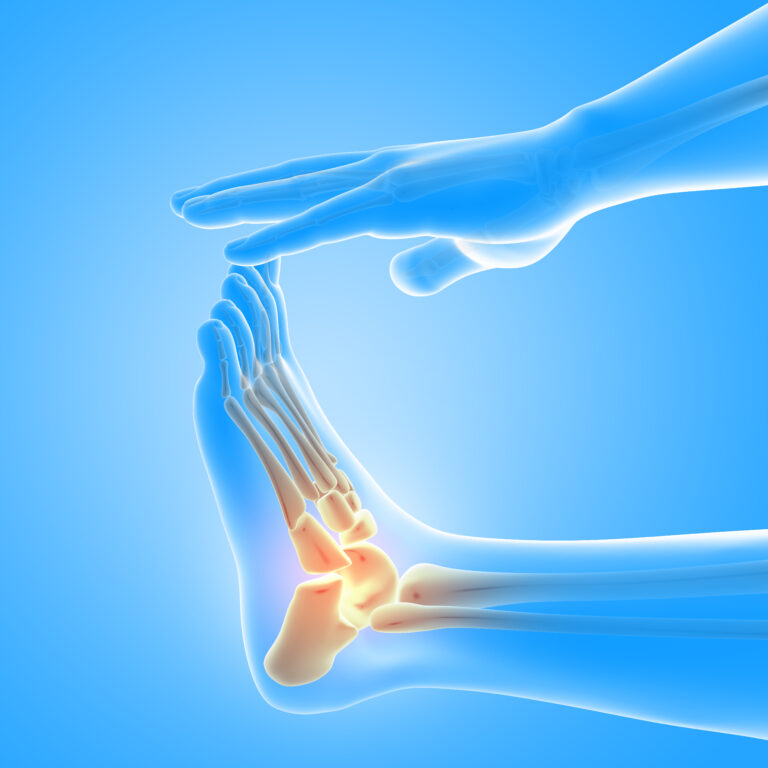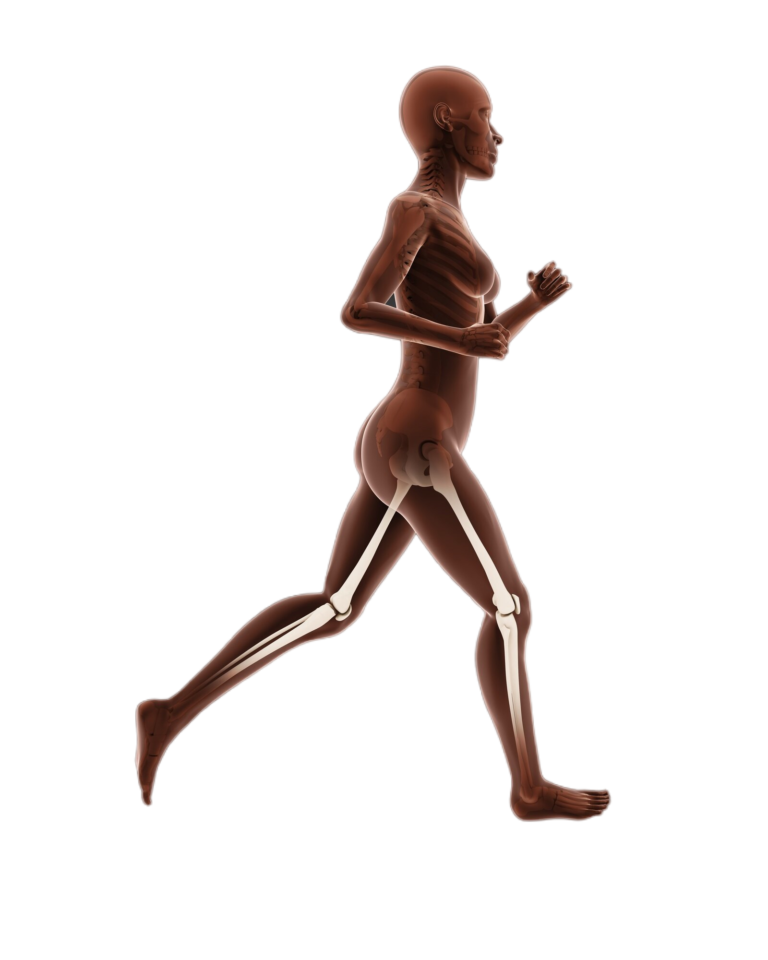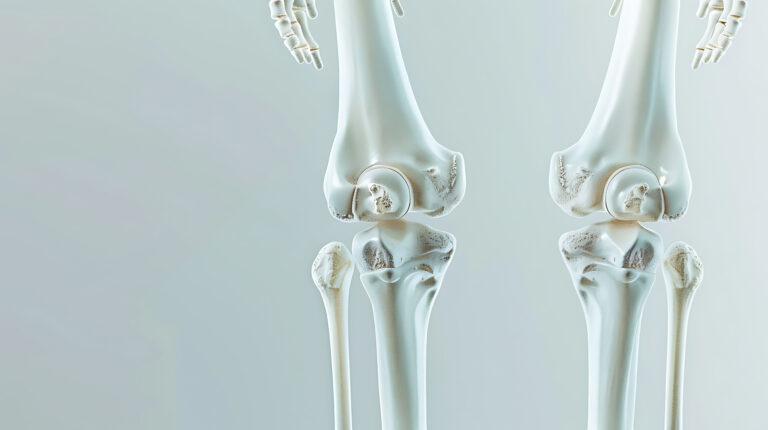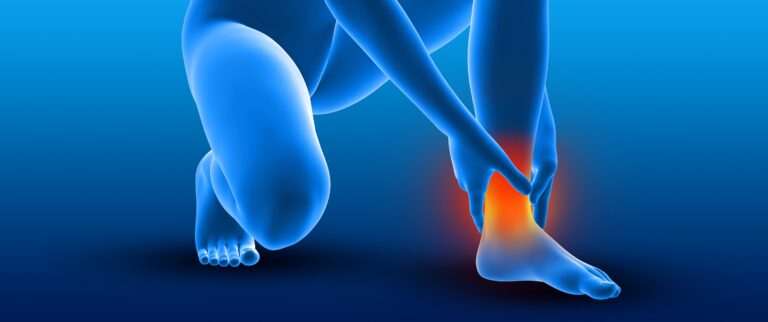
Rheumatoid Arthritis (RA) in Women
Rheumatoid Arthritis (RA) is an autoimmune disease that causes chronic inflammation in the joints. Women are three times more likely to develop RA compared to men, and the condition often manifests between the ages of 30 and 60. The exact cause is unclear, but it is believed to result from genetic predisposition, hormonal factors, and environmental triggers such as infections or smoking. Early diagnosis and treatment are crucial for managing symptoms and slowing disease progression.
Overview
RA affects more than just joints; it can also impact organs like the heart, lungs, and eyes. The immune system mistakenly attacks healthy tissue, leading to joint pain, swelling, and stiffness, especially in small joints like the hands and feet. Women with RA may experience more severe symptoms and faster disease progression compared to men, possibly due to hormonal influences and other biological differences.
Potential Risks and Complications
- Joint Damage: Without treatment, RA can lead to irreversible joint damage and deformity.
- Cardiovascular Disease: Women with RA have an increased risk of heart disease and stroke.
- Bone Loss: Chronic inflammation and medication like corticosteroids can lead to osteoporosis.
- Psychological Impact: Chronic pain and disability often contribute to anxiety and depression.
- Organ Involvement: RA may cause complications in the lungs, kidneys, or eyes.
Understanding the Recovery Process
Recovery in RA does not imply a cure but achieving remission or minimal disease activity. Treatment aims to reduce inflammation, relieve pain, and preserve joint function. Medications such as DMARDs (Disease-Modifying Antirheumatic Drugs), biologics, and lifestyle changes like exercise and a balanced diet are critical. Early and aggressive treatment is linked to better outcomes.
Factors Influencing Outcomes
- Early Diagnosis: Timely initiation of treatment can prevent irreversible damage.
- Adherence to Treatment: Consistent use of prescribed medication and therapies.
- Lifestyle Choices: Smoking cessation, maintaining a healthy weight, and regular exercise improve prognosis.
- Comorbid Conditions: Presence of other illnesses like diabetes or heart disease can complicate RA management.
- Access to Care: Women with better access to healthcare services often experience improved outcomes.
Informed Decision-Making
Making informed decisions involves understanding the risks, benefits, and potential side effects of treatment options. Women should discuss with their rheumatologists about tailored treatments, including options during pregnancy or breastfeeding. Regular monitoring and adjustments in therapy are essential for effective disease management.
Conclusion
Rheumatoid Arthritis significantly impacts women due to their higher susceptibility and unique physiological factors. While there is no cure, early diagnosis, adherence to treatment, and lifestyle modifications can lead to remission and a better quality of life. Women should actively engage with their healthcare providers to ensure personalized and comprehensive care.




